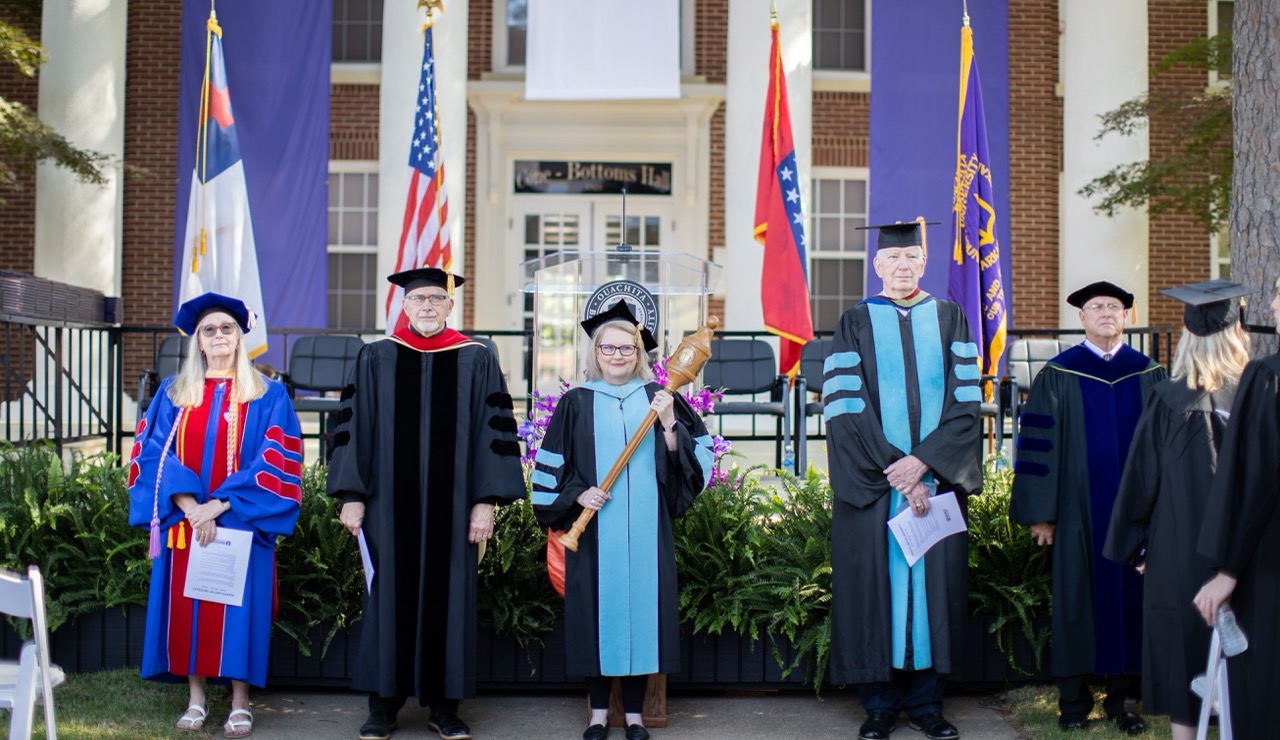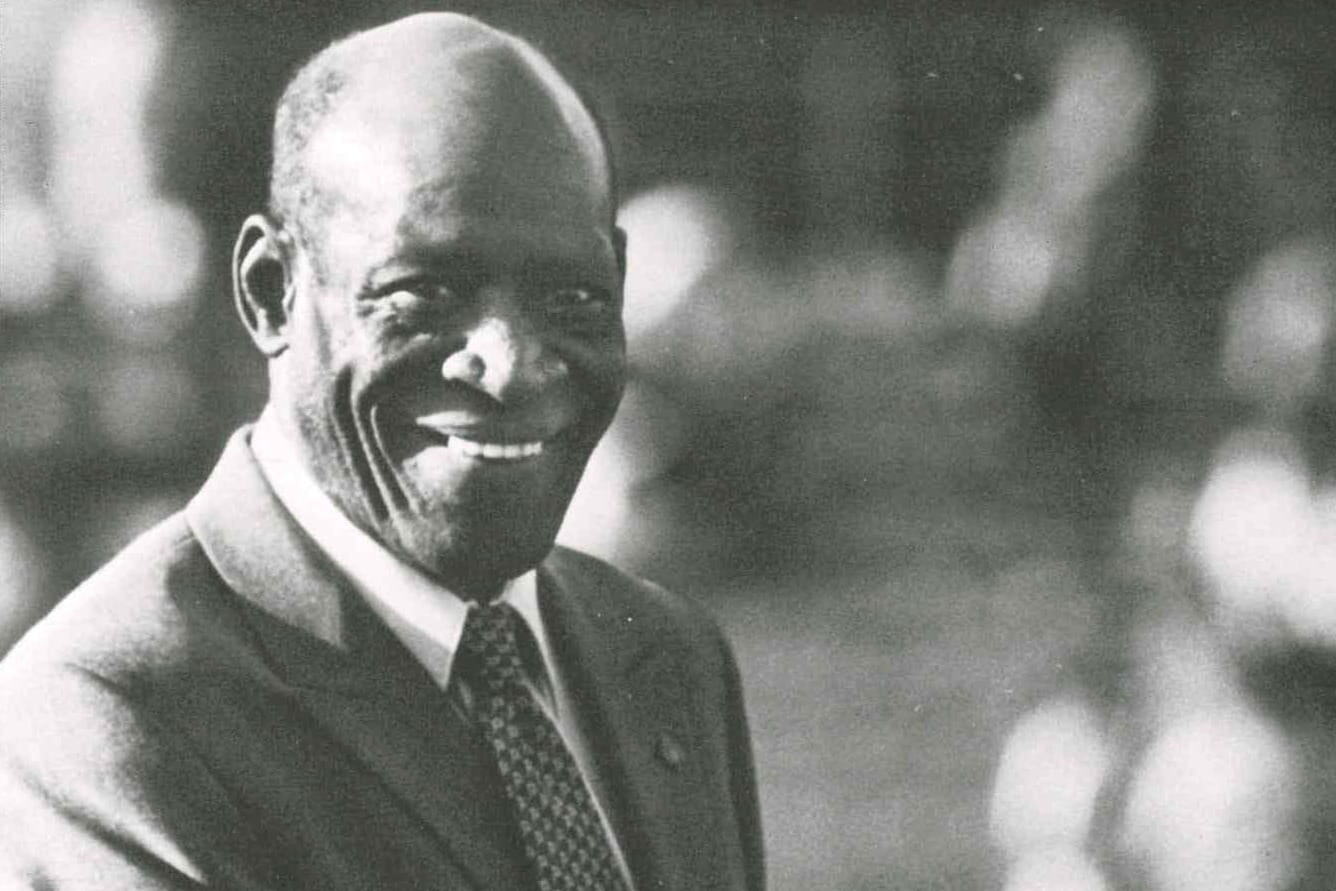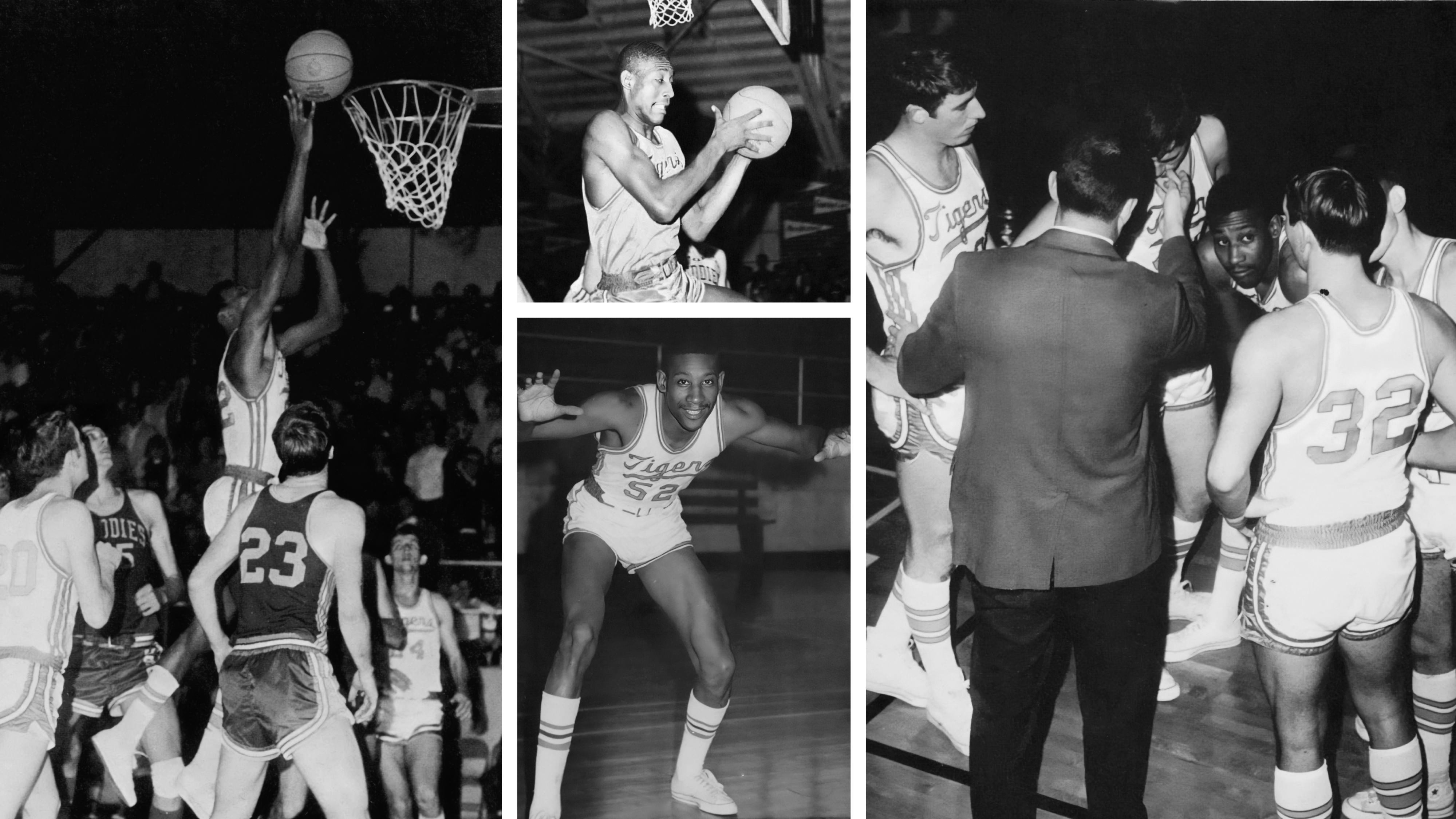How dare Homer!
Banned Books Week 2019
 September 23, 2019
- Jay Curlin
September 23, 2019
- Jay CurlinEditorial Note: September 22-28, 2019 is Banned Books Week, an annual celebration
of our freedom to read. Last fall, Dr. Johnny Wink and Dr. Jay Curlin taught an Honors
Seminar on Banned Books. They, along with two of their students, Tucker Douglass and
Kyle Burrow, are this week’s guest writers on the subject.
In the fall semester of 2018, Dr. Wink and I taught again a seminar for the Honors
Program that we had first offered some fifteen years before: Banned Books. Just a
few weeks before the semester was to begin, The New York Times published a story that let us know how deeply vital the subject remained, that it
was a far more pressing issue for the current age than it had been when we had offered
the seminar years before.
The weekly magazine The Nation had just published an apology for having published a small poem the week before,
which it was now retracting: “after a firestorm of criticism on social media over
a white poet’s attempt at black vernacular, as well as a line in which the speaker
makes reference to being ‘crippled,’ the magazine said it had made a ‘serious mistake’
in publishing it.” The response to the apology and the retraction of the poem was
also something of a firestorm, with the longtime former editor of The Nation declaring in a column in The New York Times that the magazine had embarrassed both itself and the nation as a whole, not by publishing
the poem but by apologizing for having done so.
What the incident displayed for me is the frightening mob mentality of social media
and the current determination to suppress and destroy any worldview, any thought,
any word deemed presently unacceptable. For years, I had noted that books from my
youth were becoming harder to find or reprinted only as revisions, anything considered
offensive at this moment in time having been silently deleted and the text rewritten.
With The Nation’s horrible decision, we found that a new thing to suppress was a writer’s attempt
to imagine him or herself as any other race or gender. A white poet simply had no
right, according to the new censors, to compose a poem in which the speaker was black.
A male poet had no business creating personas of another gender. The fact that this
very act of imagination is exactly what writers had been doing since the beginning
of literature surely did not occur to the outraged mob, or would have mattered if
it did.
Blind Homer might create a character of an entirely different species, with a frightening
taste for human flesh and a single eye in the middle of its forehead, but that was
many centuries ago; and if he tried such a thing today, the offended mob would cry
out that Homer was not himself a cyclops, that he had imagined a character that would
make any modern reader feel unsafe, and that the unfortunate reference to the character’s
single eye would be extremely hurtful to the disabled.
This is all madness, of course; but that is the nature of a mob. What is especially
alarming about the moment is that it made clear that our own age is every bit as censorious
as any book-burning age known to me, that writers today had better focus not on what
they know or can imagine, but on what the mob will allow.
By Dr. Jay Russell Curlin, Kathryn Maddox Professor of English
- Tags:
- Academics
- Faculty/Staff
- Honors
- Library
You Also Might Like
Recent
Ouachita reports Spring '26 enrollment, led by 50% increase in graduate students
February 11, 2026





